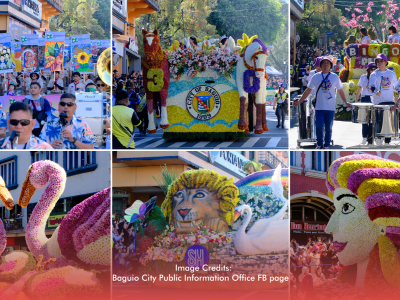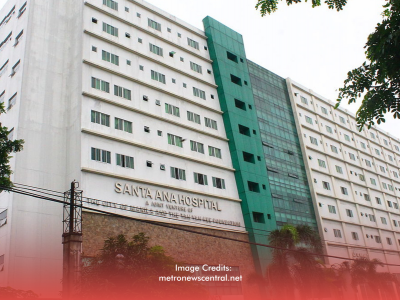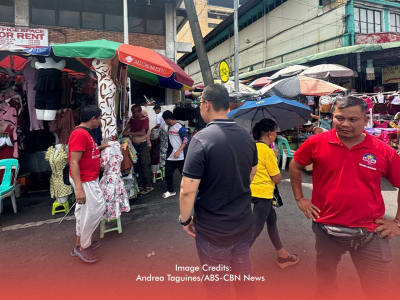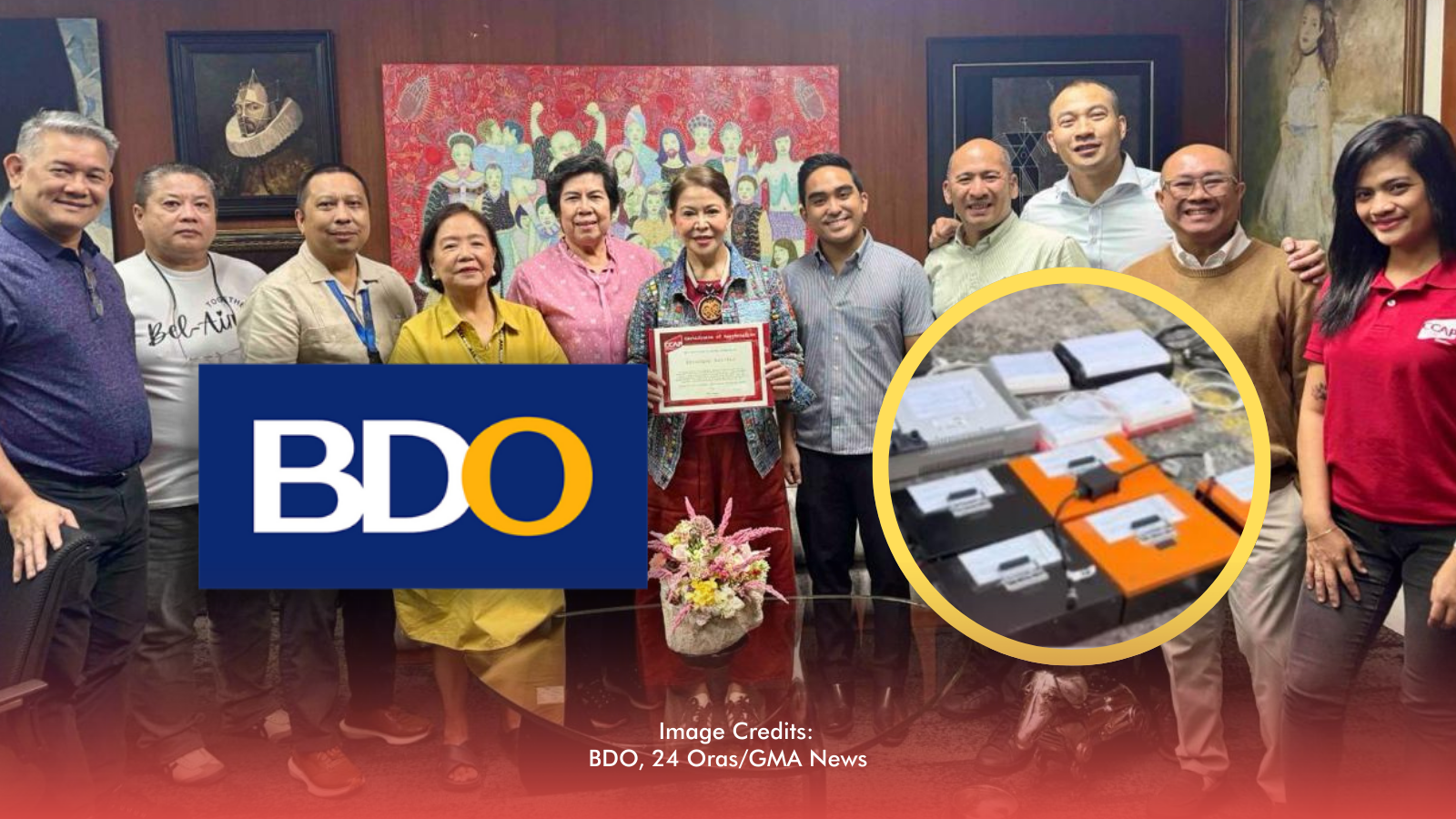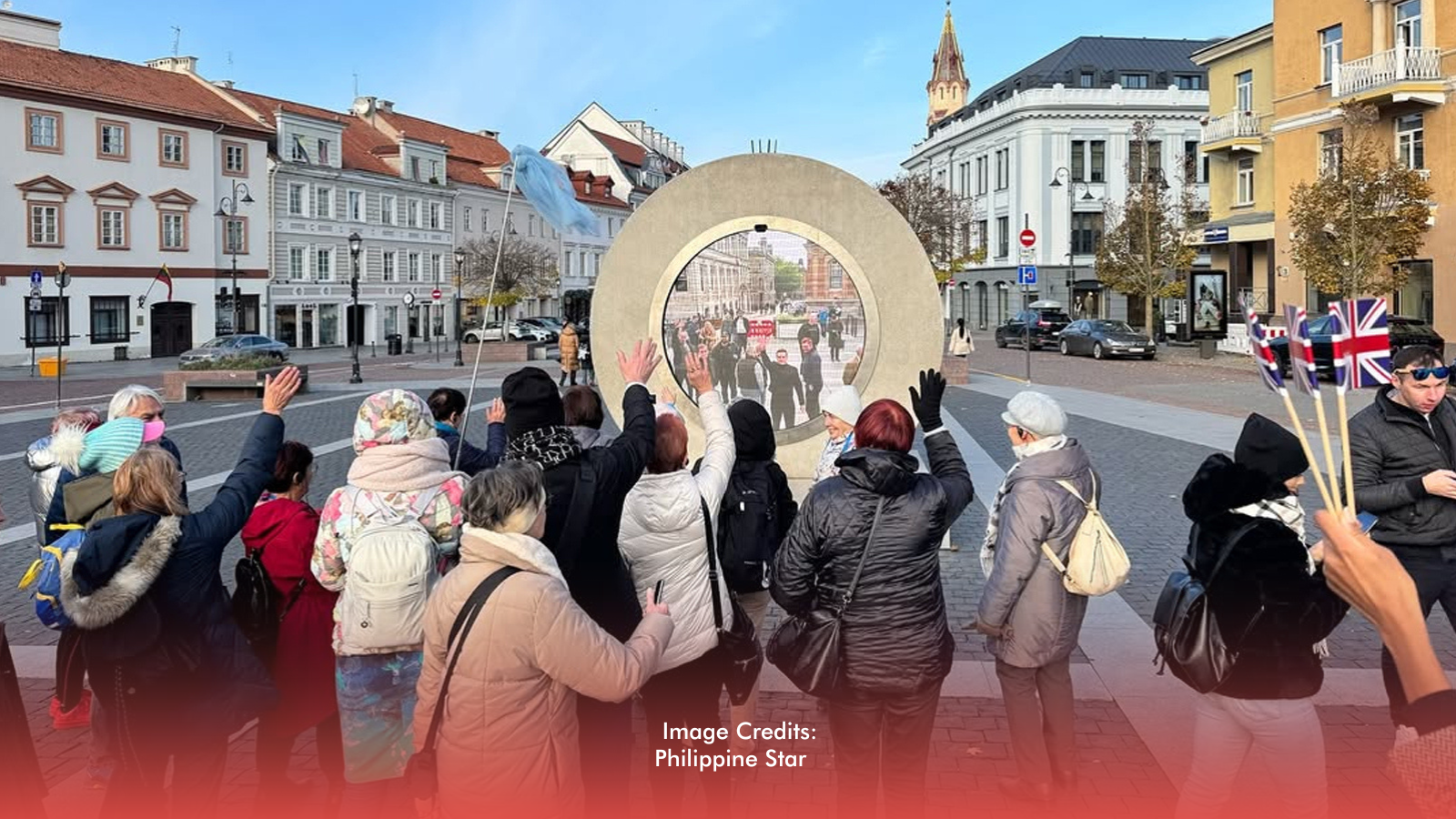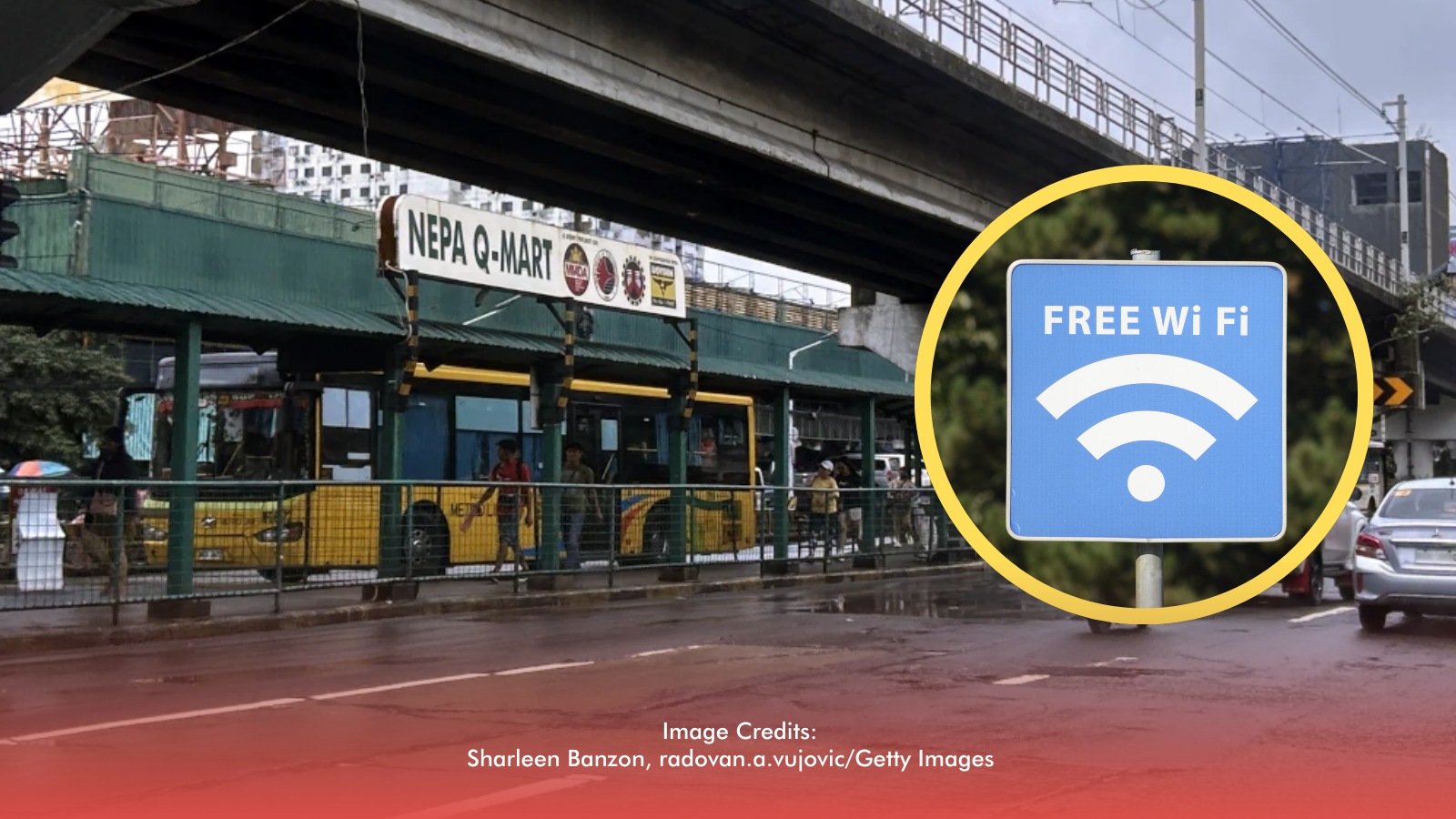The Department of Information and Communications Technology (DICT) unveiled a pioneering initiative in Barangay Niogan, Pililla, Rizal: a drone-assisted medicine delivery service. This marks the first such program in Southeast Asia, designed to bring healthcare directly to remote communities. In partnership with mWell and Philippine Flying Labs, the project is part of the DICT’s SMART Villages and SMART Islands (SVSI) framework, which aims to address the difficulties faced by residents in geographically isolated and disadvantaged areas (GIDAs).
Tackling Healthcare Barriers with Technology
DICT Secretary Ivan John Uy highlighted how this innovative program can transform healthcare delivery to remote areas. “People in GIDAs often experience dangerous delays in getting medications and medical help,” he said. The drone service aims to break through these barriers, ensuring that critical medical supplies can reach their destination quickly, no matter how challenging the terrain.
The project, currently in its pilot phase, is a test run to identify the challenges and refine the process before it’s scaled up nationwide. “This is just the beginning, and we will see how this works before expanding,” Uy explained. The pilot phase will allow the government to understand the logistical hurdles involved and develop solutions to make digital healthcare more effective in underserved areas.
Collaboration Between Public and Private Sectors
A key to the success of this program is the collaboration between the government and private companies. Secretary Uy noted that such initiatives cannot thrive without strong partnerships: “The government alone cannot do this; we need the private sector’s support.” The cooperation between DICT, mWell, and Philippine Flying Labs demonstrates how the public and private sectors can come together to solve complex issues, particularly in healthcare and technology.
Barangay Niogan’s local officials are already seeing the potential benefits of the program. Chairperson Placido Quitiong expressed that the drone delivery service would significantly help vulnerable residents, especially the elderly, disabled, and those with serious health conditions. “This will ensure that our community members receive timely medical assistance,” Quitiong said, emphasizing the positive impact on those who need it most.


